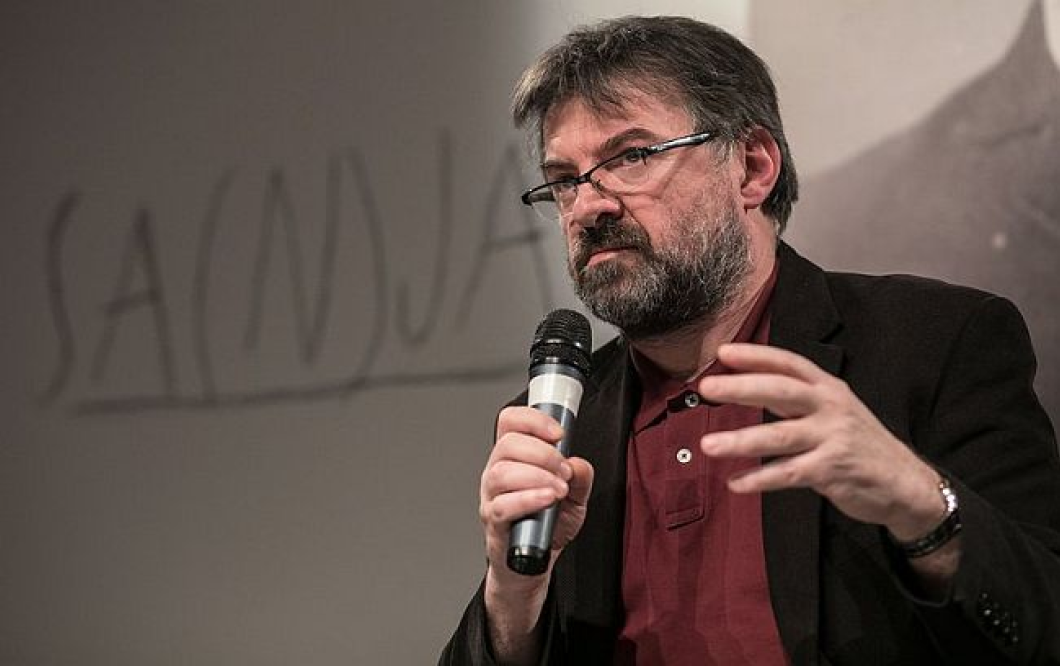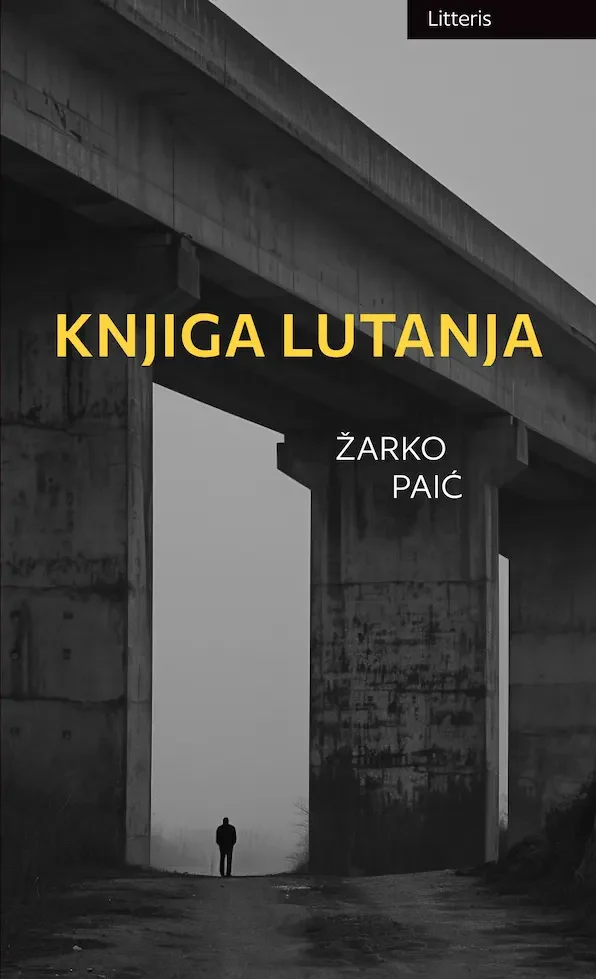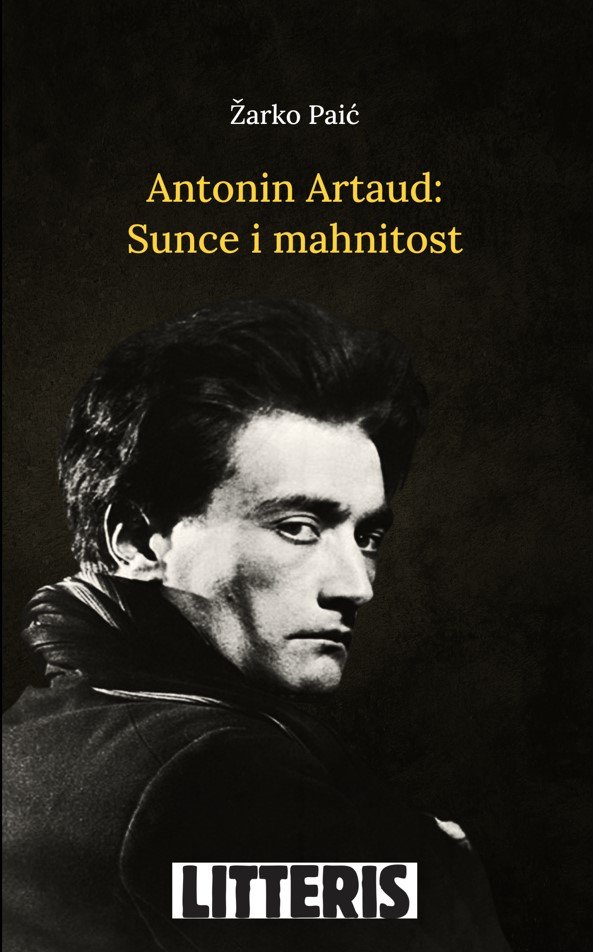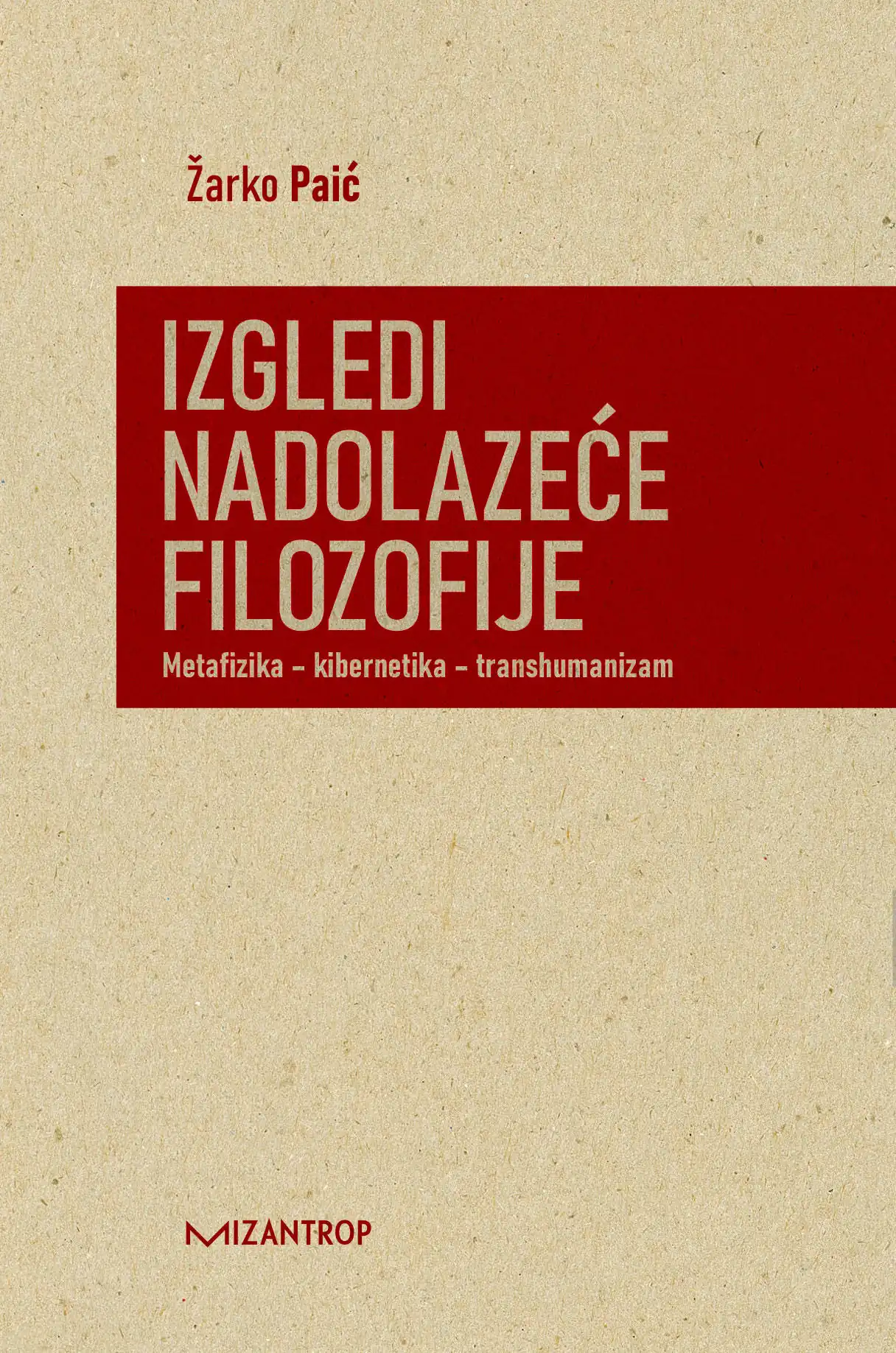
ʺIn visual arts and contemporary cyberculture, the human body, both in its natural and artificial forms, is at stake. Paić analyses this topic by considering the body through its immanent boundaries and interactions with other bodies and contexts.The human body, in fact, can be understood neither as bare thing nor as biopolitical machine – the body is an event. Paić develops this statement and discuss clearly and thoroughly not only the 'return of the body' in our culture, but also the performative-conceptual turn in contemporary arts.ʺ
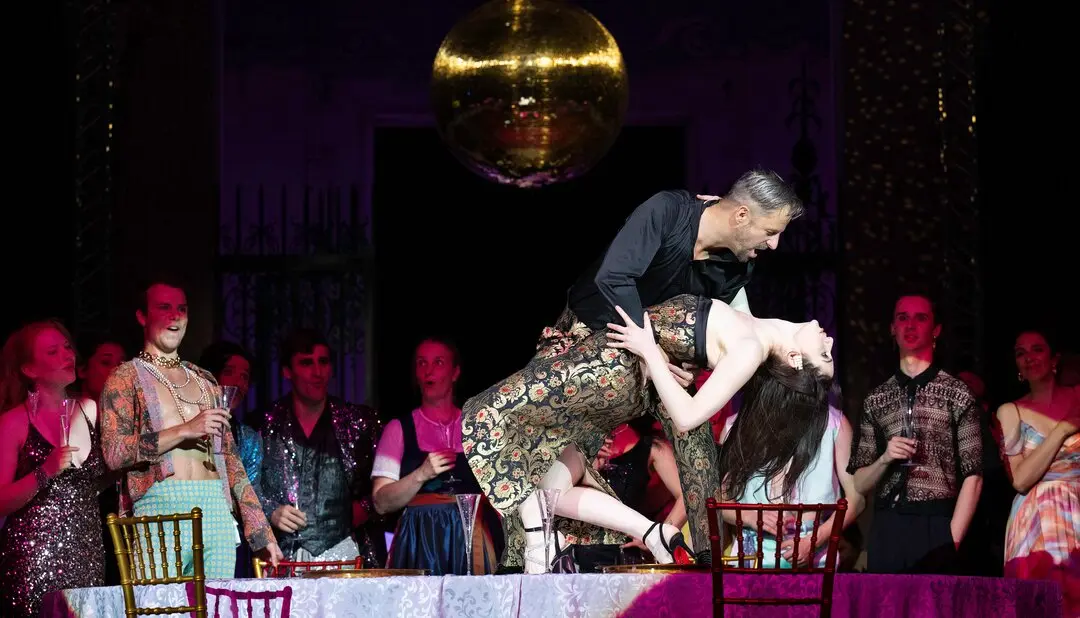
Gorčina i ravnodušje ispiru krv epohe
1. Ovo je napisao Emil Cioran kad je napunio 22 godine, 8. travnja 1933. godine, one godine u kojoj je Europa pala na koljena pred nadolazećim nacizmom jednog ludoga austrijskog kaplara koji je umislio da je genijalni arhitekt i slikar. „Život je privilegija mediokriteta.“ Postoje ljudi čiji život je toliko originalan u svojem prolomu mržnje, […]

Je li jezik posljednja oaza slobode?
U mojoj nedavno objavljenoj knjizi Čemu glazba? (Litteris, Zagreb, 2025.) u „Proslovu“ nalazi se i ovo pitanje. „Zašto je umjetnost posljednja alternativa dosadi i ispražnjenosti života u doba videocentrizma tehnosfere kojeg odlično ironijski prikazuje jedan aforizam Franza Werfela: što više praznine, to više brzine? Prije no što u zaključku odgovorim, potrebno je kazati sljedeće. Tehnosfera […]
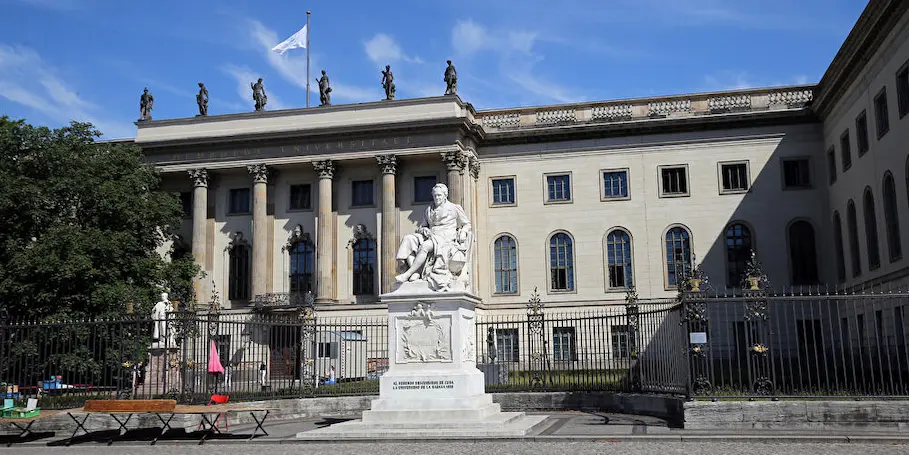
Sveučilište i tehnosfera
Uvod Da bismo uopće mogli postaviti pitanje iz podnaslova ovog razmatranja ─ o kraju humanistike i mogućnostima obrata? ─ nužno je barem okvirno otvoriti problem odnosa između sveučilišta i tehnosfere. Okvir je horizont unutar kojeg se pitanje i problem međusobno uspostavljaju kao način promišljanja samoga okvira. U povijesno-epohalnome hodu zapadnjačke metafizike taj se okvir […]
